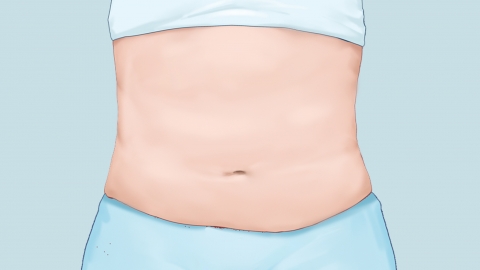Is it necessary to use a maternity support belt?
Generally, abdominal support belts are recommended during the second and third trimesters when the abdomen has significantly enlarged, especially if accompanied by backache or at risk of diastasis recti. However, they are unnecessary during early pregnancy when the abdomen is not noticeably protruding and there are no physical discomforts, or in special cases such as placenta previa. If in doubt, it's advisable to consult a healthcare provider in advance. Detailed explanations are as follows:

If after 20 weeks of gestation the abdomen enlarges rapidly, increasing pressure on the lumbar spine and causing persistent lower back pain, or if there is a noticeable sensation of abdominal heaviness during daily activities (such as walking or standing), an abdominal support belt can help by providing upward support to the abdomen, reducing strain on the lower back and alleviating discomfort. For individuals with a history of diastasis recti, the belt can also assist in stabilizing abdominal muscles and reduce the risk of worsening separation—making its use beneficial in such cases.
During early pregnancy (before 12 weeks), when the abdomen has not yet visibly expanded and there are no symptoms such as back pain or pelvic pressure, wearing an abdominal support belt is unnecessary. In fact, it may constrict the abdomen, impair blood circulation, and restrict fetal movement space. Moreover, for conditions such as placenta previa or placental abruption, abdominal compression could exacerbate the condition, so support belts are not recommended. Alternative care measures should be followed as directed by a physician.
When using an abdominal support belt, choose a breathable, moderately elastic design and avoid wearing it too tightly. Limit daily use to no more than 8 hours and avoid wearing it at night. If abdominal discomfort or abnormal fetal movements occur after wearing the belt, remove it immediately and consult your doctor to ensure safety.






